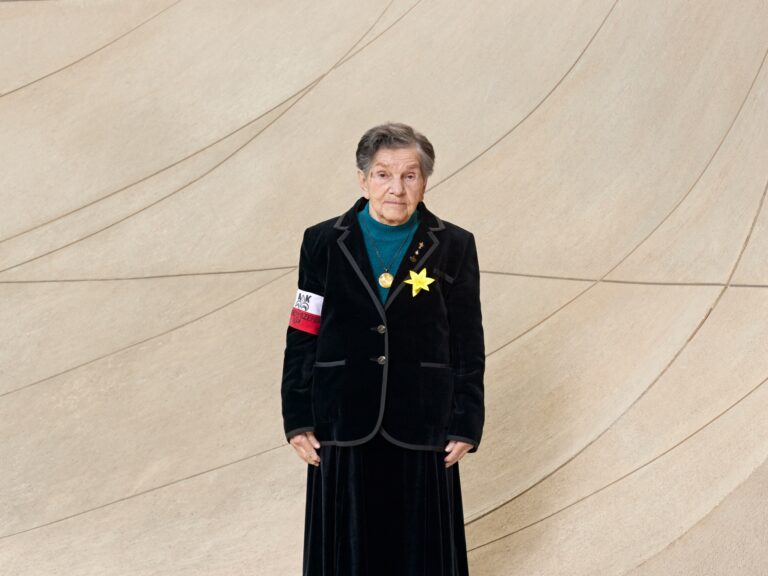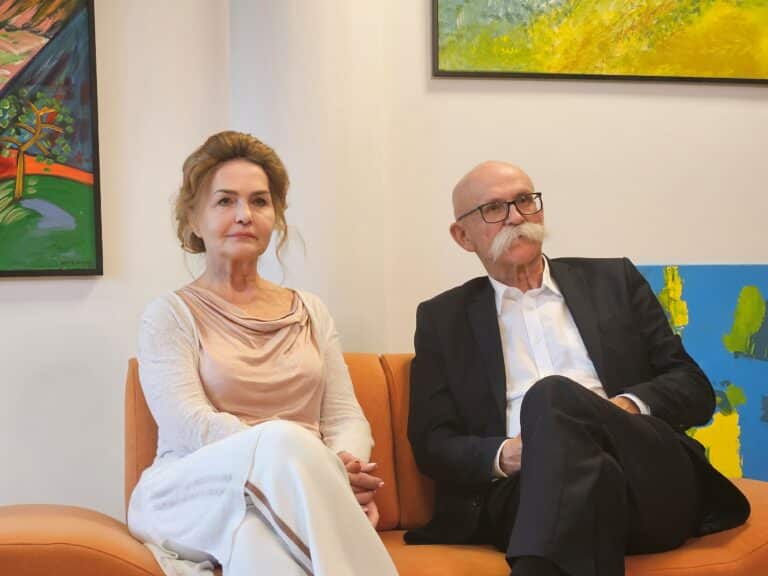Christmas spending of Poles
December is one of the most financially demanding times of the year. Shopping for gifts for loved ones, food products for Christmas Eve and the Christmas table, Christmas decorations, transport – all meaning higher than usual expenses. At the same time, the century’s record-breaking inflation (7.7%) has made us tighten our belts – this is one of the main conclusions of the Polish Bank Association’s “Poles’ Christmas wallet 2021” report.
According to the results of a Minds & Roses survey commissioned by the Polish Bank Association, 42% of Poles said their financial situation had deteriorated over the previous 3 months. Some 45% of respondents did not feel a change and only 13% indicated that the situation had improved. Compared to the answer to the same question in the previous year, the percentage of people who declared a deterioration in their financial situation increased by 3 percentage points, although the share of people whose situation had improved also increased to the same degree.
As many as 63% of respondents in the study said they intended to reduce their Christmas spending. Understandably, the greatest number has been among people whose financial situation has deteriorated in the last year. In this group, as many as 83% noted the need to cut expenses. People aged 50-59 (70%), residents of cities of under 10,000 (72%) and farmers (77%) said they would also look after their wallets the most. In turn, 26% of respondents did not plan any restrictions on Christmas shopping. Interestingly, as many as 33% of this group consists of people aged 60+.
Poles will save mainly on gifts. Almost half (47%) said this was the case for them. The largest number was the group of the youngest respondents, i.e. 18-19 years (53%), and the least among seniors (41%). Some 27% of respondents said they would reduce purchases of groceries and other products related to the organization of the holidays.
The survey showed that the average Pole plans to spend almost PLN 1,415 on Christmas. Statistically, most of the budget will be spent on food and preparation – an average of PLN 557. Gifts are another expense item, with PLN 517 allocated and for travel during the holiday season another PLN 340 per person. The total income of households is obviously often made up of more than one person.
About the report
“The Polish Christmas Portfolio 2021” is a study prepared by the Polish Bank Association, presenting and analyzing the most important trends and data related to the consumer activity of Poles in the pre-Christmas period.
The report is based on the results of a survey of social sentiments and consumer demand conducted in the second half of November by the research agency Minds & Roses, commissioned by the Polish Banks Association, on a sample of 997 adult Poles in terms of gender, age, place of residence and education, based on the method of Internet interviews (CAWI).







